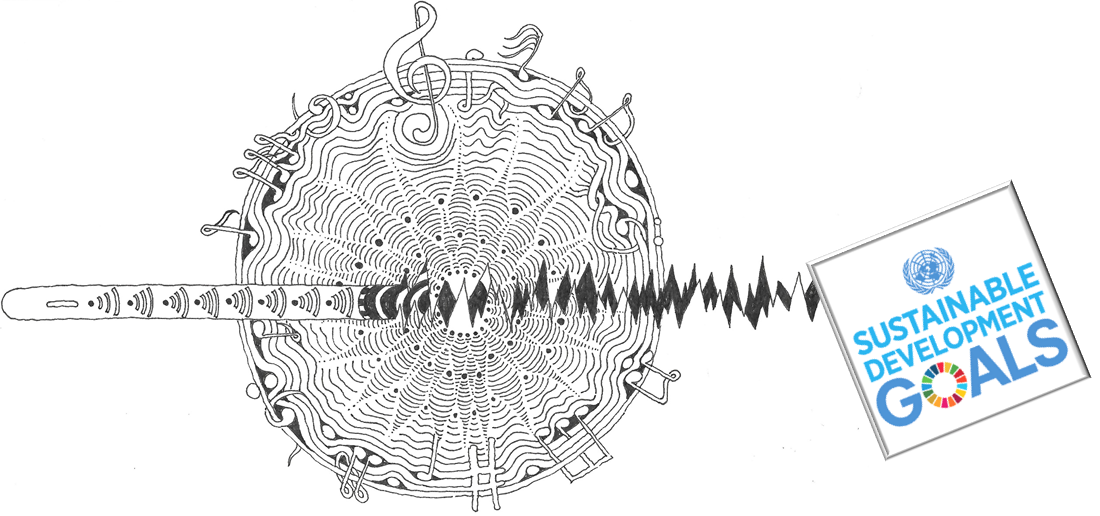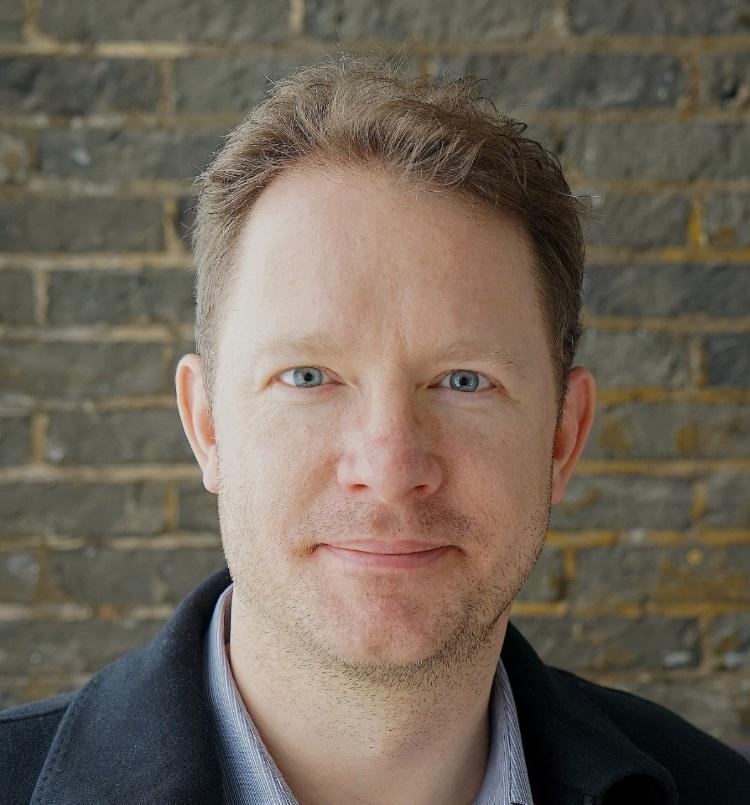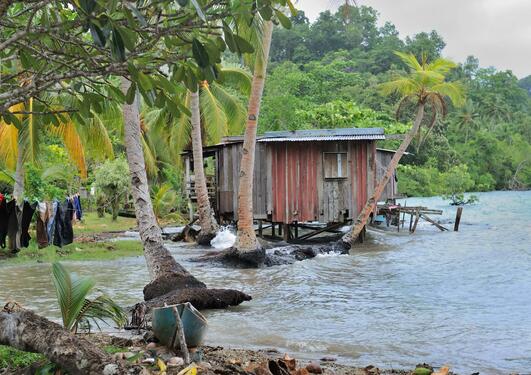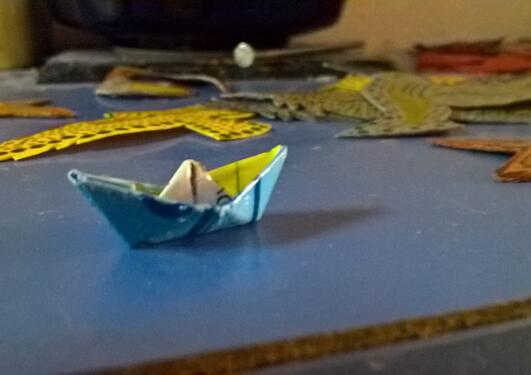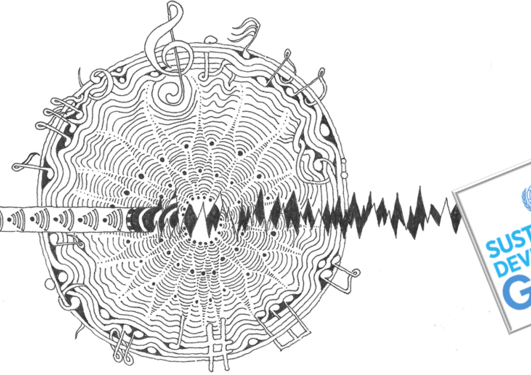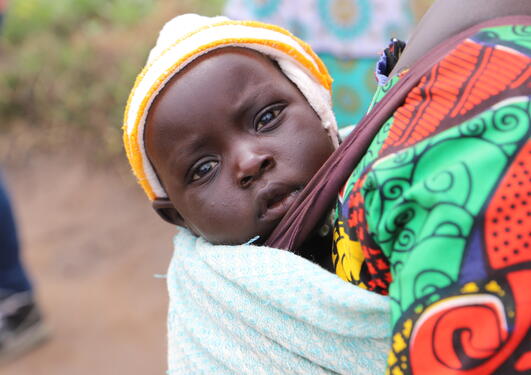Cultural Policy: Arts Heritage & Sustainability
We will examine how cultural policy may be understood in terms of the global SDGs, and how notions of cultural rights, ownership, and creative arts practices are transforming due to globalization.
Main content
Course leader
David Hebert, Professor, Western Norway University of Applied Sciences
Guest lecturers
Alf Tore Hommedal, Cultural History Museum, University of Bergen
Mary Miller, Bergen National Opera
Ole Marius Hylland, Telemarksforsking and University of South-Eastern Norway
Creative arts and cultural heritage are essential for social cohesion and wellbeing, and increasingly of concern to policy-makers. Since the United Nations announced its 2030 Agenda, the Sustainable Development Goals have served as a framework for national, regional, and local policy development.
Although culture is not offered a prominent role in the 17 Sustainable Development Goals (SDG), its importance is acknowledged within SDG Targets 4.7, 8.3, 8.9, 12.b, and 11.4. In this course, we will address how issues in cultural policy worldwide may be understood in relation to the SDGs, as well as how notions of intellectual property, cultural rights, and creative practices in the arts are profoundly changing as a consequence of rapid technological development and globalization.
This course will strengthen the competence of PhD candidates across an array of arts, social sciences, and policy-related fields.
- Participants will deepen their knowledge of specialized topics, including:
- arts heritage and cultural policy
- indigeneity, cultural rights, and intellectual property
- digitization and glocalization, and
- postcoloniality and sustainable development
- Participants will deepen their skills in such areas as empirical research, theoretical scholarship, and policy-development.
- Participants will collectively produce original scholarly writings suitable for publication.
Our course begins with two short introductory sessions on the first day to learn about each other’s individual projects and orient us to the main themes of the course. This is followed by four days in which mornings are devoted to lectures and guided discussion of readings to deepen our shared knowledge of four essential topics: (1) arts heritage and cultural policy, (2) indigeneity, cultural rights, and intellectual property, (3) digitization and glocalization, and (4) postcoloniality and sustainable development.
There are also four shorter lab sessions, mostly in the afternoons, in which students focus on development of their group projects on indigenous arts and cultural heritage. Our objective, in addition to advanced learning and competence development, is to collectively produce at least one scholarly publication (book and/or special issue of a journal) as well as some policy recommendations in response to the SDGs to promote a sustainable future for global cultural heritage and arts traditions.
David G. Hebert, PhD is a full Professor with Western Norway University of Applied Sciences. A widely published and cited interdisciplinary researcher, he has held positions with universities in the USA, Finland, Japan, China, Russia, Brazil, and New Zealand, and has directed research projects on six continents. Dr. Hebert is a frequent keynote speaker for conferences, and an editorial board member with such scholarly journals as Arts Education Policy Review and Music Education Research. His writings appear in over 30 different professional journals, and he has authored several books in the fields of music, education, and East Asian studies.
